
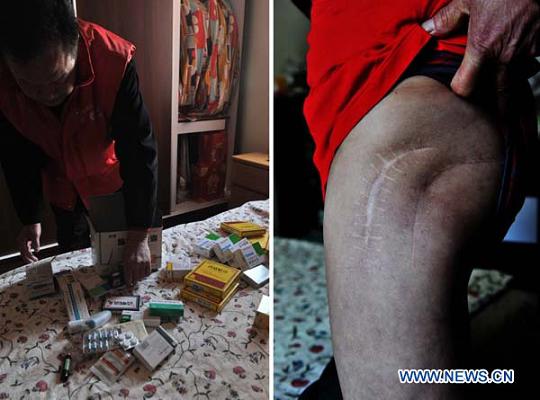 |
| This combined photo taken on April 8, 2013 shows Fang Bo sorting his medicines he has to eat everyday (L) and a surgery scar on his leg. (Xinhua/Li Wen) |
BEIJING, April 18 (Xinhua) -- April is a hard time for Fang Bo.
Although nightmares dating back to 2003 have stayed with him for a decade, April is the time when his grief reaches its climax.
"I wish desperately to shake off the SARS shadow, but I never can," said Fang. "It destroyed many families, including mine."
The SARS outbreak in 2003 landed nine members of Fang's extended family in the hospital. It first struck his wife's sister, who had traveled from northeast China's Heilongjiang Province to visit his family.
"She had ordinary flu symptoms and we accompanied her to the hospital on April 8," he said.
The woman died on April 16 -- the day Fang's entire family was hospitalized with SARS, including his wife, two daughters and sons-in-law.
Fang and his wife had to stay in separate wards, so Fang was not at her deathbed. When he recovered and was discharged from hospital on May 26, he was given a casket containing her ashes. She died on April 28.
"It's since become my day of heartbreak," Fang said.
Just a few months before the SARS outbreak, Fang had retired from his job at a local post office. The couple refurnished their apartment and were ready to enjoy their retirement life.
Fang and his wife were married in Heilongjiang, where Fang, a native Beijinger, spent 20 years under late Chairman Mao Zedong's campaign to boost development in China's rural areas.
The student-turned-farmer was 36 when he returned to Beijing and secured a job as a chef.
Fifteen years later, the SARS pandemic shattered his dreams for a happy retirement.
ENDLESS PAIN
Fang was grateful for his survival. Three days after he was discharged, he took his surviving family members to donate blood serum, which is rich in antibodies and can aid in the development of vaccines.
But SARS has left him with not only grief over his departed wife, but also great physical pain that will likely last the rest of his life and eventually confine him to a wheelchair.
Only six months after his recovery, Fang came down with acute pain in the legs. He went back to the hospital and was told he was suffering osteonecrosis in both thighbones, a serious condition in which the bone can die.


Latest development of H7N9 in China[Special]

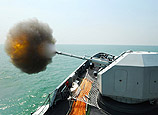
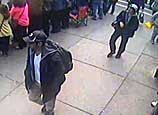

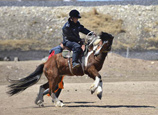
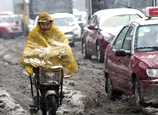
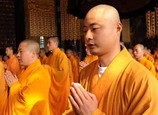

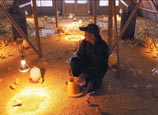
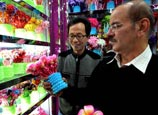






 Snowfall hits Taiyuan, N China
Snowfall hits Taiyuan, N China


![]()
